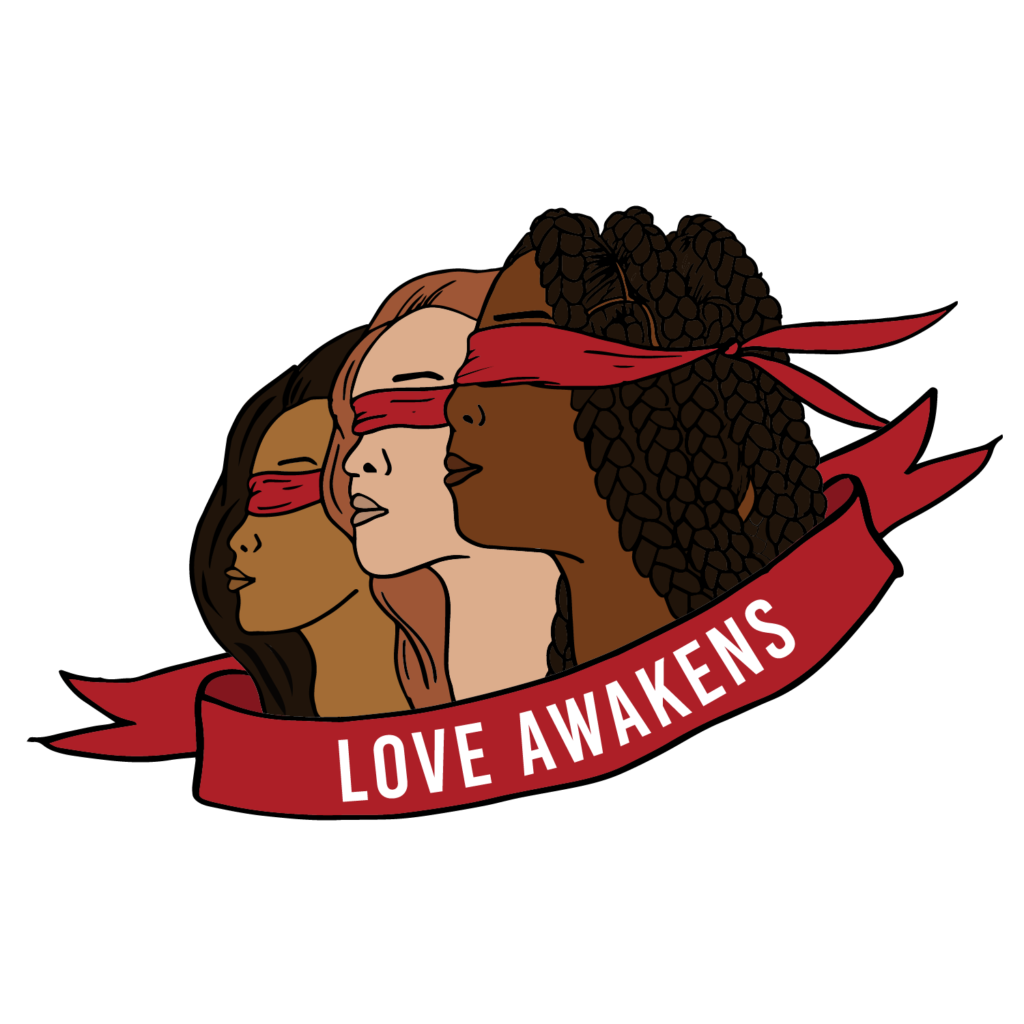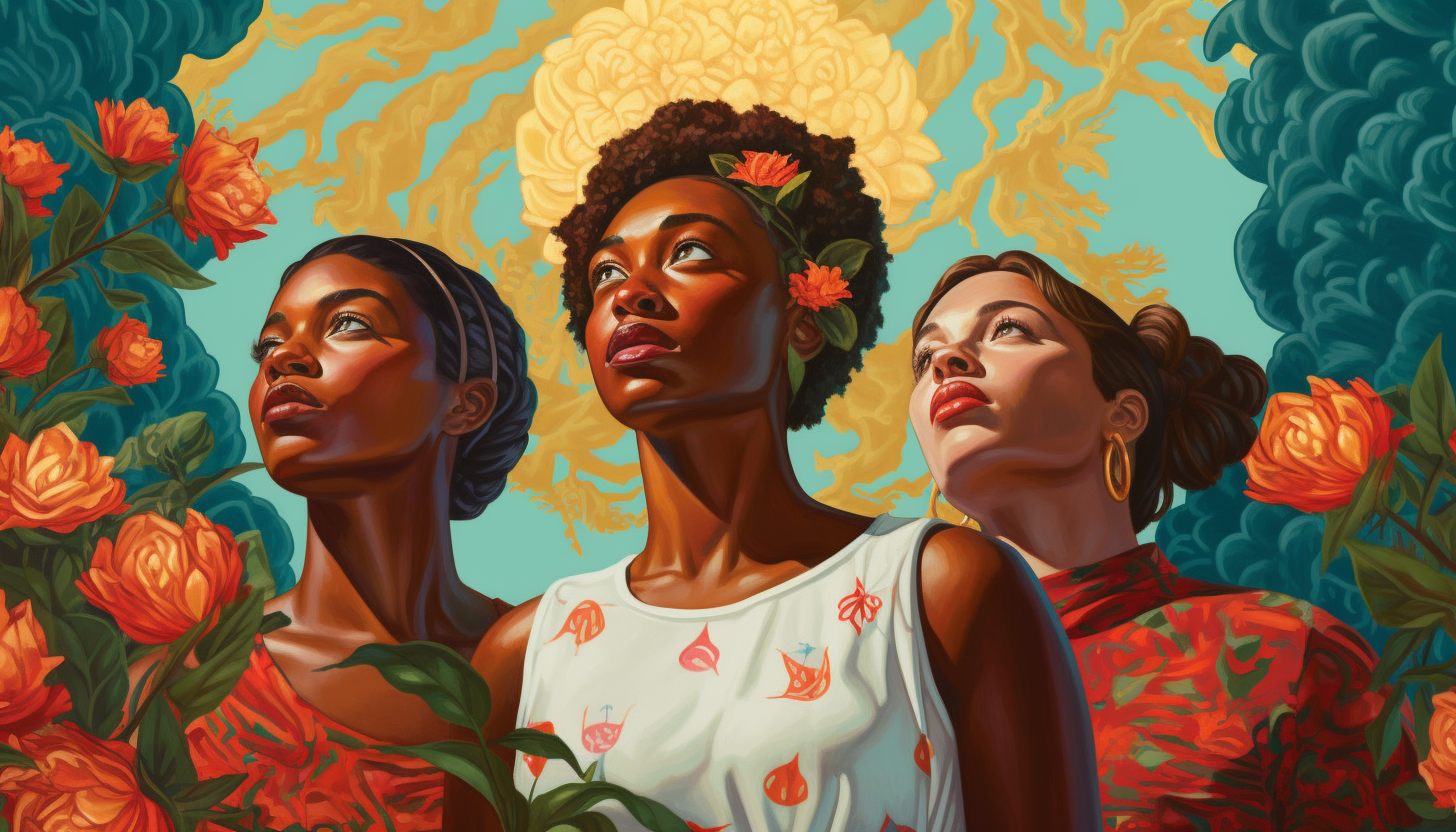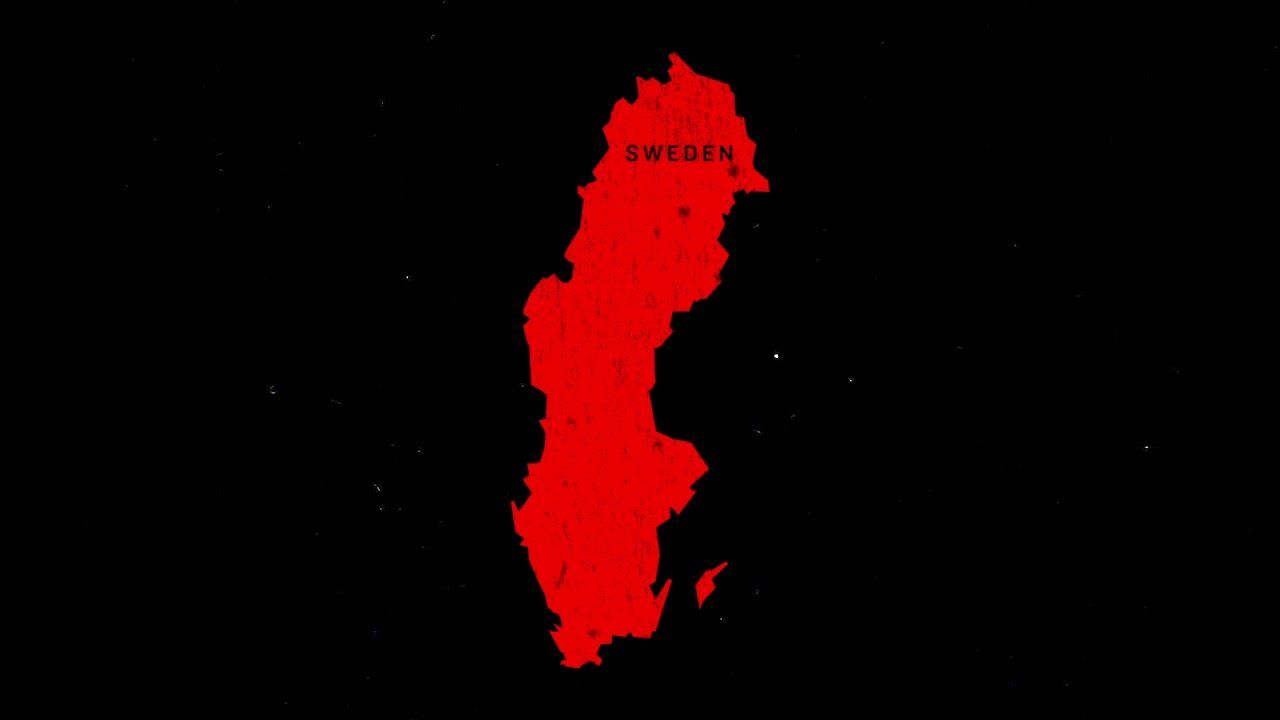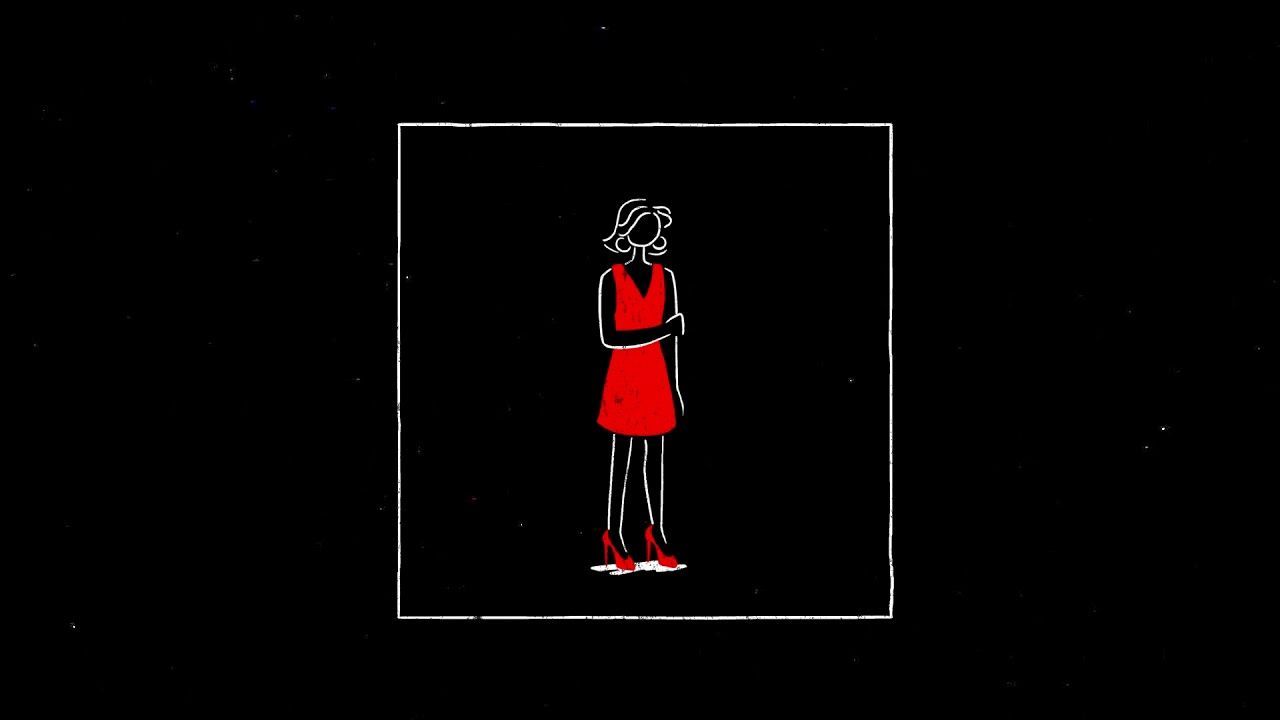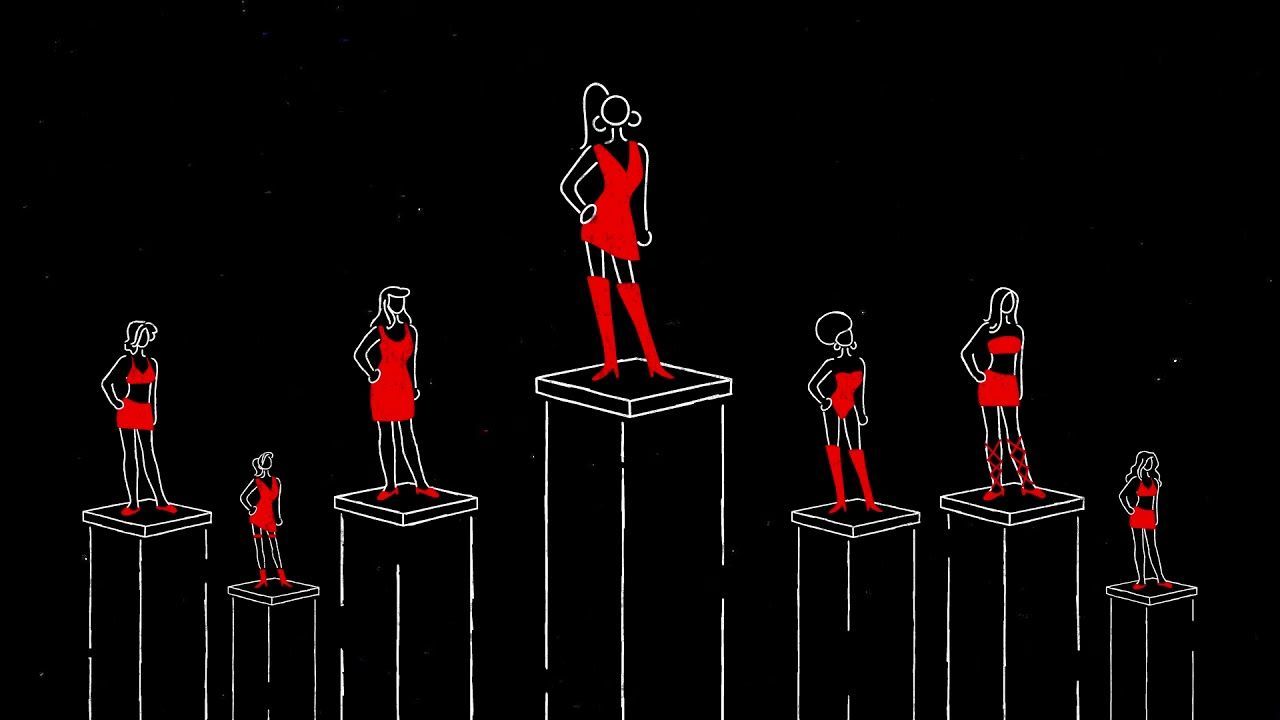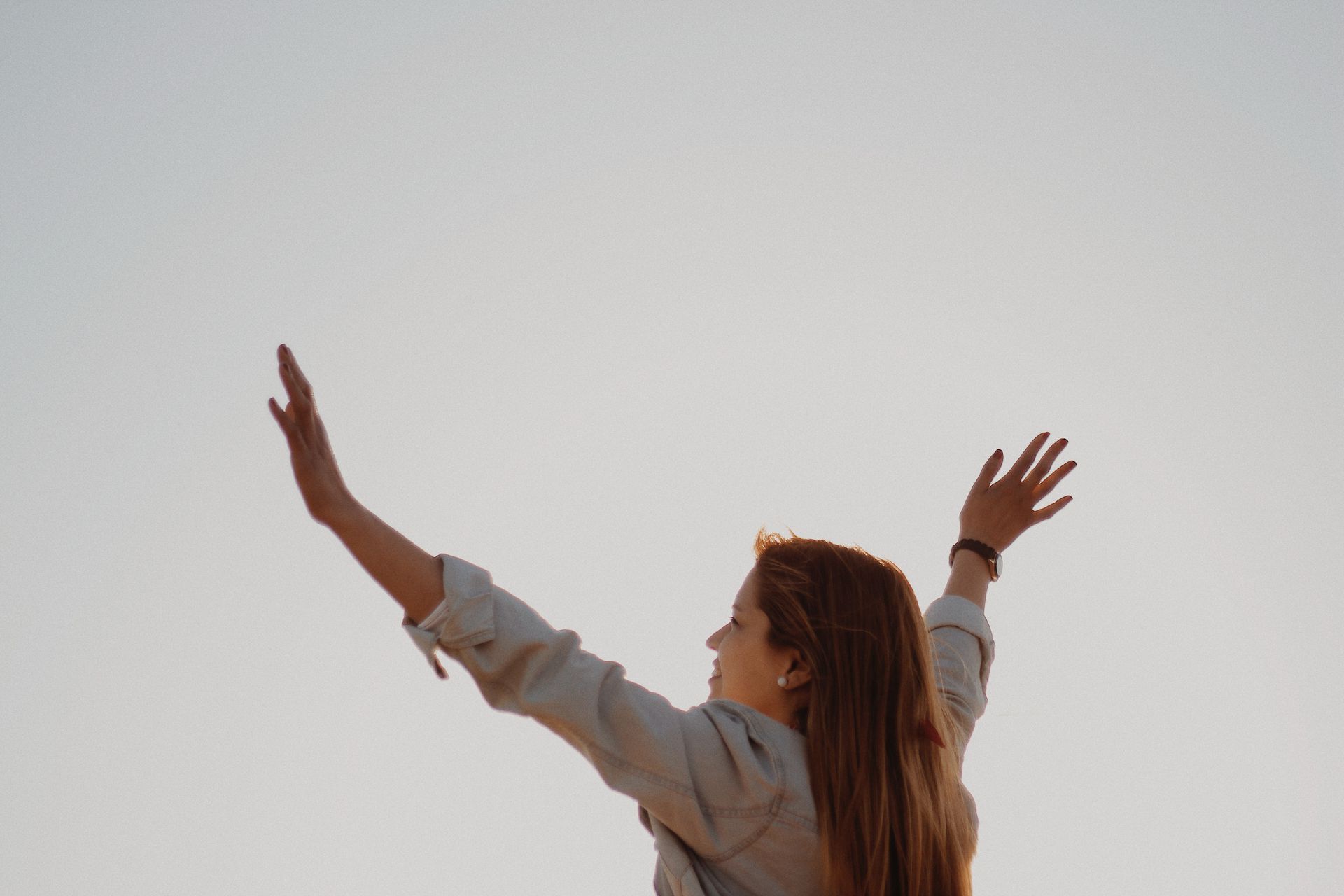Fighting the Good Fight Together in Love
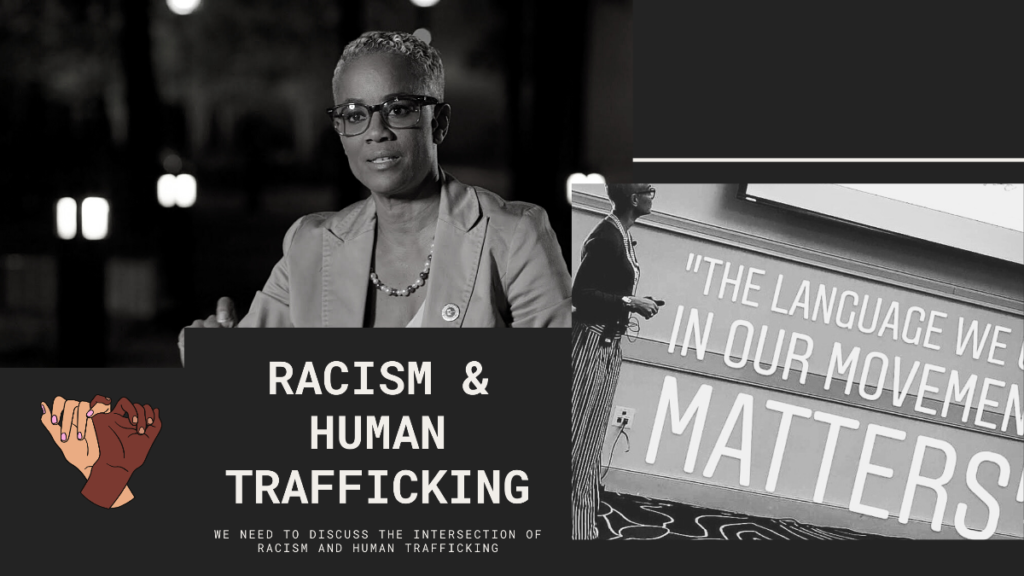
We Need to Discuss the Intersection of Racism and Human Trafficking
By Dr. Brook Parker-Bello, founder and CEO of More Too Life, Inc and Freelance writer and More Too Life Volunteer Mary-Elizabeth Schurrer.
Both here in the United States and all over the world, human trafficking is a violent issue of trauma and exploitation. But on a macro level, it’s a product of racial and economic injustice too. This unequal power dynamic exerted by the trafficker to control a victim is no different than the sociopolitical systems created to marginalize certain races and skin colors or the poor. In fact, there’s a reason that human trafficking is also known to some as modern day enslavement—because the sale and perceived ownership or control over the lives of human beings has not been abolished. When we use the term abolished, we mean it has not been completely or systemically erased from the hearts of many, and this has profound, negative effects on our culture.
It’s worth noting that in the era post-slavery, paramours’ rights existed, whereby a non-Black male violator could take or even pull a female of Color—child or adult—out of their home or anywhere else and violate her without any just or true legal recourse. As a woman of faith I understand all too well that darkness is done by all. However, scriptures or beliefs from most world religions or ways of life believe in fighting against all injustice and that will remain urgent as it relates to the growing number of violated and trafficked children and adults around the world, whether it be labor or sex.
Today, as we relate this to all forms of human trafficking, it’s clear that slavery has been repackaged in a more covert, insidious way. Although innocent, free human beings of all racial or ethnic groups are trafficked, research shows that people in Black, Indigenous, Asian or Latinx communities are more vulnerable to exploitation. The U.S., where racism has been entrenched for 400 years, is no exception. While the USA is my favorite place and there is immense greatness here, we do have challenges and bigotry must be abolished so that empathy can prevail.
UCLA Law Review writes, “Race intersects with other forms of subordination—gender, class and age—to push people of color disproportionately into prostitution and keep them trapped in the commercial sex industry…Moreover, today’s anti-trafficking movement has failed to understand and address the racial contours of domestic sex trafficking in the United States and even perpetuates the racial myths that undermine the proper identification of minority youth as sex trafficking victims.”
Do I believe this assertion is true? Not entirely; however, there are many victims—in particular, boys and girls of Color, and White children too—who are locked in juvenile detention centers and commitment programs all over the U.S. for crimes related to being trafficked. Many of these youth have suffered histories of sexual violence which has attacked and deluged their souls. This unfair treatment can lead to enormous collateral damage. Children must be believed, supported, and allowed the carefully orchestrated time and space to heal in loving and empowering homes where they can discover their true identities.
Because systemic injustices affect people of Color and the poor— thereby all people, as well as the uneducated—at higher rates than others, many women and children of marginalized demographics are coerced into human trafficking as a result of the desperate circumstances around them. Foster care placement, homeless or runaway crises, economic disparities, undocumented immigration, unequal academic resources, food insecurity, broken or separated families, mass incarceration, physical and sexual violence, or drug addictions can all make someone vulnerable to being trafficked.
And it’s no coincidence that people of color and those in poverty are often subjected to these issues—most, if not all, of which are outside their control. In many cases, these under-resourced communities are a direct funnel into the bondage of traffickers. Even worse, these marginalized victims of human trafficking are often at an increased risk for what sociologists and criminal justice reform activists call the “Abuse to Prison Pipeline.”
The Washington D.C. based nonprofit Rights4Girls reveals that “child sex trafficking victims are viewed as perpetrators in many jurisdictions, causing them to be arrested and incarcerated for prostitution and other offenses related to their exploitation…Girls still account for 78% of juvenile prostitution arrests. Black children are arrested for prostitution more than any other racial group, comprising 52% of all juvenile arrests for prostitution…Victims of child sex trafficking, [as stated, can also] be arrested on ‘masking charges,’ or offenses they commit as a direct result of their exploitation.” These might include substance abuse, loitering, or status offenses like truancy, curfew violations and running away. It’s a failure of the system that these arrestable misdemeanors are also frequent indications of human trafficking.
In addition to the criminalized view of Black and Brown people in courts of law, the media is also responsible for disseminating harmful biases and stereotypes against these races. One common example is the hyper-sexualization of women and girls of Color in television, music, film and other areas of mainstream culture. Because marginalized bodies are so often commodified and objectified in Western media, this can make it difficult for society at large to see them as victims of a non-consenting power differential.
This moment in America’s public consciousness is both historic and long-overdue. For the first time post the Civil Rights Era, all eyes and ears of this nation are tuned into the collective racial traumas inflicted on the communities of Color, and thus, the whole of humanity. An unprecedented number of our White brothers and sisters have started to recognize the institutional racism which has existed at the core of some U.S. systems since colonizers arrived on this soil. The experiences, voices and interests of marginalized races are being lifted which is a positive stride in the direction of equality—but the injustices of human trafficking must be part of this wider conversation.
Based on statistics released by the Polaris Project in 2018, out of the U.S. human trafficking victims identified and rescued by this organization in that year alone, an estimated 5,413 were Latinx, Black, Asian or multi-ethnic, while 989 were Caucasian. Once again, this is not to dispute the fact that White individuals are trafficked, and we care for them and love all but as the data shows, it does affect people of Color at a much higher rate of incidence.
On its own, human trafficking is an enormous violation of basic freedom and dignity. But when intersected with centuries of racial trauma and other discrimination, the result is an unfathomable atrocity on the mind, soul and body of each marginalized victim. So just as economic status discrimination, racism or bigotry plays an active role in human trafficking, racial justice also needs to inform how this exploitation is combatted and how victims are empowered to heal. To that end, More Too Life, an Open Doors Outreach Network Provider, is tirelessly committed to protect vulnerable communities from the threat of human trafficking on the frontlines, while providing safety, restoration, mentorship, housing, mental health support and education to those impacted by this modern slavery. Our mission for over 15 years now has been to eradicate human trafficking on a local, national and even global scope. We do this holistically—through innovation and technology—with the services, resources and opportunities below:
- Mental Health Therapy and Counseling
- 24/7 Urgent Care and Crisis Intervention
- High School, GED and Higher Education Support
- Employment Skills and Job Readiness
- Court Advocacy and Trial Preparation
- Substance Abuse Treatment and Recovery
- Exercise, Yoga, Meditation and Outdoor Activities
- Transitional Living and Mentorship Programs
- Legal, Family and Parenting Advocacy
Coming Home Online Case Management System and Mobile Application
Another measure of ensuring access to trauma-informed and applied victim services, which protects the safety and confidentiality of victims, is our development and utilization of the revolutionary Coming Home online system and mobile application. Coming Home is a dedicated life mentoring and anti-human trafficking tool which can be accessed through the link https://ComingHome.app.
To date, Coming Home is the nation’s only secure interactive application with an integrated online case management system that provides More Too Life’s partners, mentees and human trafficking victims a reliable means to receive life coaching and mentoring. Coming Home facilitates real-time chatting, journaling, offline mentoring and other resources to serve as a learning companion to clients, mentees, survivors, youth mentees and others.
Additional features, such as video communication and location-based alerts, are currently in preparation for launch. Users can access the intuitive eLearning library, find resources across the U.S., and report a crime in over 200 countries through connected national hotlines. Users can also call 911 directly from the application and utilize the camouflage feature for privacy. Coming Home also enables mentees to report potential trafficking behavior. This online system provides a strong and safe bridge of connection to form relationships, send reminders of appointments, overcome challenges or pursue goals, and communicate in a meaningful way.
Coming Home provides vital safety features for at-risk individuals, victims, service providers and law enforcement such as location-based services, geo-fencing and tip reporting and a chameleon screen for user protection. Availability of this innovative resource enables a safer, balanced, and more sustainable lifestyle for mentees, victims, youth and young adults, or even at-risk violators. In the persistent fight to end human trafficking, creation of the Coming Home Online System and Application has further empowered More Too Life to create a world free of exploitation. Moreover, with the rapid changes in virtual interaction, it addresses the need for a digital tool to accommodate service gaps both in Florida and across the globe. We invite you to join us in this crusade to make the rescue, healing and prevention of human trafficking more equitable for those of every race and color. Liberty and justice for all exists for the survivors of human trafficking too, so it’s time we unite to restore these unalienable rights to anyone who has suffered the abuse and subjugation of a trafficker. Enslavement is a continuous reality in this world—but we can come together to abolish it at the systemic, ideological roots where racial divides still persist. To learn more about how you can become a warrior for justice and human rights, visit MoreTooLife.org.
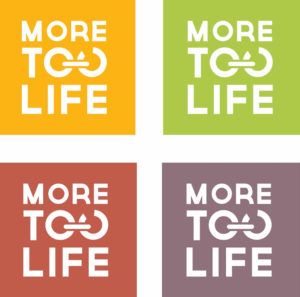
The post Fighting the Good Fight Together in Love appeared first on Awaken.
Thanks for reading!
Please consider donating to help us continue to make a difference.
